Royal Blood and I go way back. At the time of their self-titled debut, frequents in my rotation included other blues rock two-pieces like the White Stripes and the Black Keys, and, like every teenage Tumblr user in 2014, I was constantly spinning Arctic Monkeys’ AM. It only makes sense that Royal Blood instantly became a band I held in high regard.
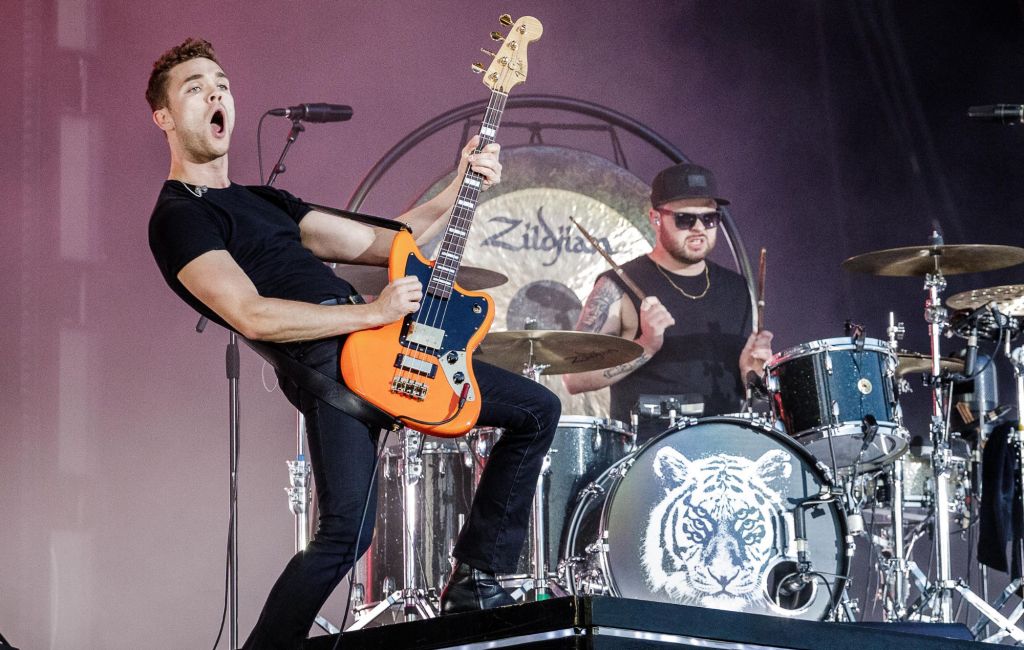
Despite my longtime love of the British duo, it doesn’t mean I’ve loved everything they’ve ever done. When they came out with 2017’s How Did We Get So Dark?, I recall enjoying it, but not being blown away. It was great, don’t get me wrong, but it was too similar to everything off the first record to be anything spectacular. I absolutely hated 2021’s Typhoons when I first heard it. I thought it was too synthy and experimental; where the second record played it too safe, the third was too bold. It wasn’t until a few months ago I actually began to enjoy the record little by little – appreciating the bent two-note riff of “Boilermaker” and the flow of the lyrics on “Trouble’s Coming”. Regardless, there are still some songs that I don’t jive with – “Hold On”‘s falsetto is too much and “Either You Want It” just doesn’t do it for me.
Royal Blood seems to be following the natural progression of similar acts – The Black Keys broke big with 2010’s Brothers, their seventh album, yet their first to feature more instruments and a hefty falsetto. After the White Stripes’ 2003 smash Elephant, fans were disappointed in the subsequent Get Behind Me, Satan. The choice to use distortion-heavy “Blue Orchid” as the lead single for a largely acoustic record featuring marimba, piano and acapella tracks seems ultimately misguided. While Arctic Monkeys’ Tranquility Base Hotel and Casino was a critically acclaimed concept album, 2022’s super jazzy The Car was a resounding disappointment to many, myself included, who had hoped for some sort of return to the rock-and-roll sound that brought the band to the spotlight, despite being warned they would not return to AM form.I loved the singles for Back to the Water Below, especially “Mountains at Midnight”. Not yet sold on Typhoons, I hoped the new album would be a return to the sound I’d fallen in love with almost a decade ago. However, my expectations changed with the release of “Pull Me Through”. The song’s leading riff is piano over acoustic strumming, and Kerr’s vocals are so soft at times it feels like a whisper. While the chorus keeps the quintessential bass groove, the piano, which had only appeared briefly on Typhoons, surprised me. In contrast to “Mountains” electricity, the acoustic nature of “Pull Me Through” led me to the hope that the LP’s general vibe would fall somewhere in the middle, and I like to think I was right.
Starting with “Mountains”, the album leads heavy, pulling you in and amping you up. Ah yes, this is the Royal Blood you know and love. The second track, “Shiner in the Dark” echoes elements of Typhoons: falsetto crooning, synthed out bass and tasteful keys. This bridges very well into “Pull Me Through”, which definitely turned out to be a better signifier of the record than “Mountains at Midnight” was. “The Firing Line” is similar, with its twinkling keys and soft vocals, but “Tell Me When It’s Too Late” is where it all comes together. The classic rhythm and Kerr’s original style of singing paired with harmonizing backing vocals, keys, and synth. This track summarizes the best elements of everything Royal Blood has done so far on each of their endeavours and is placed perfectly at the record’s midpoint, peaking and pairing with “Triggers”, which is more similar to Typhoons than anything else on Back To The Water.
The second half of the album is the comedown from this crescendo, “How Many More Times” which goes back to the style of “Pull Me Through”, which by now, I am much more comfortable with. The water theme returns, and we are pulled below the waves with Mike as each song gets more intimate, featuring more piano, acoustic guitar, and less aggressive singing. The music pulls us under the waves with him, and we are unable to escape the ebb and flow of the rhythm. “There Goes My Cool” feels like something the Beatles could have made toward the end of their career or Arctic Monkeys in their Tranquility Base era. “Waves”, the final track of the record, ties everything up on a sombre note, just as they did with the finale of Typhoons. This song has the ultimate sinking feeling – intensified by the lyrics, addressed to a loved one. The song evokes imagery of falling, or jumping, into a deep, dark body of water, face to the sky and dry land, watching the loved one reach out in futility to save the narrator from their cold and wet fate. The instrumental crescendo at the end of the song’s slow-burning build plays this end scene in slow motion, and as the narrator hits the water, everything goes black.
We saw Royal Blood perform tracks off the new record on the Toronto stop of their North American tour last week, in addition to some of my old favourites. Usually highly critical of live performances, even from my favourite bands (ask my old neighbour how I felt about Bring Me the Horizon), I walked out of the Queen Elizabeth Theatre happier than I’d been in ages. I spent the whole set dancing and singing along with the crowd, who knew every word. Kerr played every note of each riff perfectly, and Ben Thatcher’s drumming was perfect to tempo almost the entire time. My critiques were few. After a break for fan interaction during “Out of the Black”, Thatcher abandons his drums to part the sea of the crowd and get as far away from the stage as possible before running back to his kit as fast as he can while Kerr plays the final riff (3:23 in the digital recording). After Thatcher gets back just in time to sit down for when the drums come in (3:29), the last thirty seconds of the song felt a little slow. Since it’s been my favourite RB song for nearly a decade and one of my favourite music videos of all time (animated by the team behind Adult Swim’s SuperJail!), I feel entitled to my mild disappointment in the last teeny bit of one track.
The only other thing I didn’t like was how long they took to get off stage. While I’m sure this wasn’t an issue for fans who don’t go to multiple concerts every week, it felt a little indulgent to me. After their debacle at BBC Radio1’s Big Weekend, it’s clear the duo puts on a kind of super-ego alter ego on stage. Having stated in their response to the controversy that they felt like pro-wrestlers egging on a crowd who didn’t love them, they evidently do the same, albeit in a positive way for crowds who do. Personally, after an encore ends (If I stay for it, I am usually against encores by principle), I am eager to get out of the sweltering venue. Standing and clapping for another five minutes to a single droned note and drum solos that don’t lead into anything else dragged the performance out. They could have played another entire song in that time, but I am also very aware my opinion is most likely in the extreme minority.
While the show answered a lot of questions I had about their live performances (Do they have a synth/keys players for newer songs? Yes. Do they play to a backing vocals track? Sort of, someone plays the pre-recorded harmonies in time with the band, not the other way around), one question remained, which I didn’t have when I walked into the venue. I overheard one man, probably around my age, ask someone, “Is Royal Blood dad rock?”
To answer whether or not Royal Blood is dad rock, you must decide if dad rock is music made for dads, music made by dads, or music that was cool when our dads were young. The guys in Royal Blood are in their mid-thirties and only ten years into their careers. Neither men are fathers. Of the similar semi-contemporaries I mentioned earlier, Jack White, Patrick Carney and Dan Auerbach, who all made their musical debuts over twenty years ago, are all in their mid to late forties with children under eighteen. Both the White Stripes and the Black Keys are undeniably dad rock, especially since The Black Keys’ “Lo/Hi” is more commonly associated among young people with Home Depot than with the band itself. Perhaps the most iconic simultaneous dad and rocker, Dave Grohl, rose to fame during his time with Nirvana from 1989 to 1994, when my father would have been in high school.
While many dad rock artists were introduced to me by my father, he is not a big fan of dad rock himself, preferring hard rock and metal to anything that could be considered simply alternative. While not a huge Foo Fighters fan, he’s still aware of their new releases, but it was fourteen-year-old me who forced him to sit through every episode of their docuseries Sonic Highways. I remember when he tried to show me one of Royal Blood’s first singles, and I was already listening to them.
I am not a dad, and I like “dad-rock” more than my dad, but I still associate a lot of those sounds and my appreciation for them with the music my father introduced me to in my early childhood. I don’t think Royal Blood is explicitly dad rock, but rather that they play a genre of blues-rooted rock, which is appreciated more by millennials and gen x-ers than the kids of today.
All in all, ten years and four albums in, Royal Blood are just as great as they were when I first heard them, and arguably getting better all the time. They continue to evolve with each new release while staying true enough to their original sound to keep loyal listeners’ favour. They run a tight ship on stage, and while their performance antics are obviously planned and rehearsed, they are unique to any other group of similar magnitude I’ve seen live. Their new record is good, and if you’re concerned about your friends judging you for listening to “dad rock”, get better friends, hopefully with better taste.
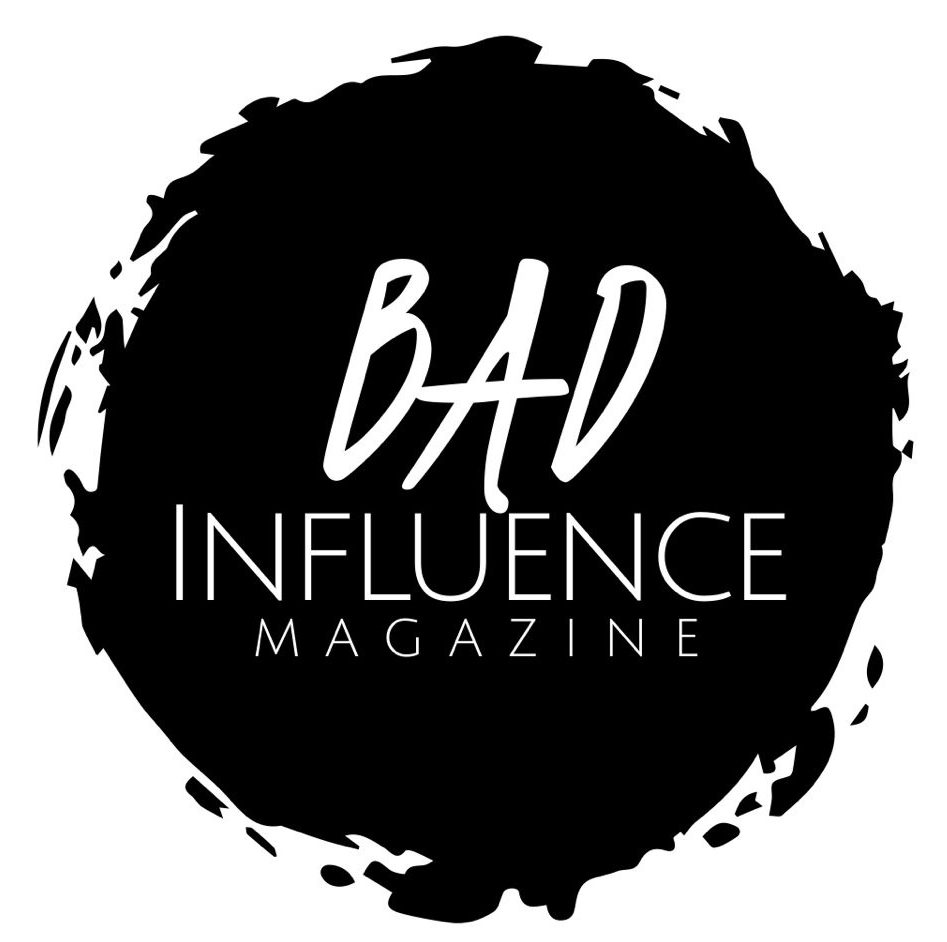
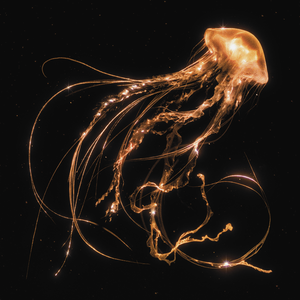
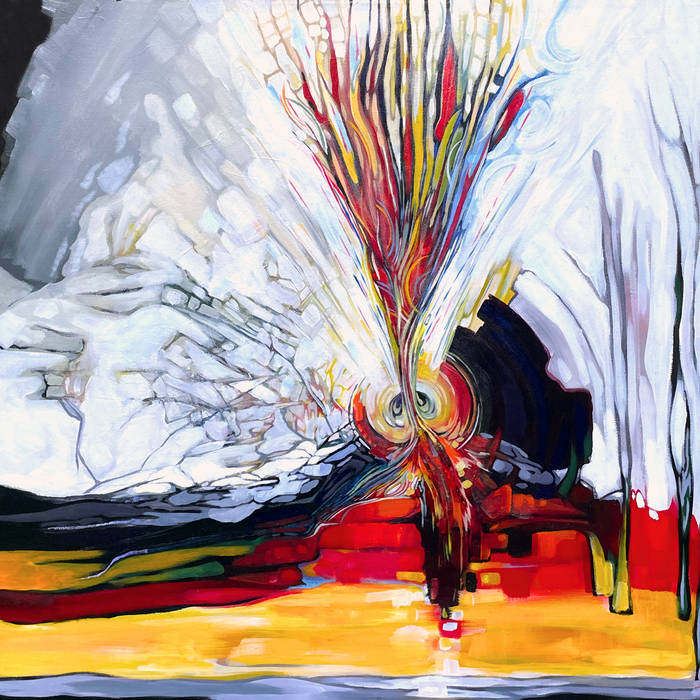
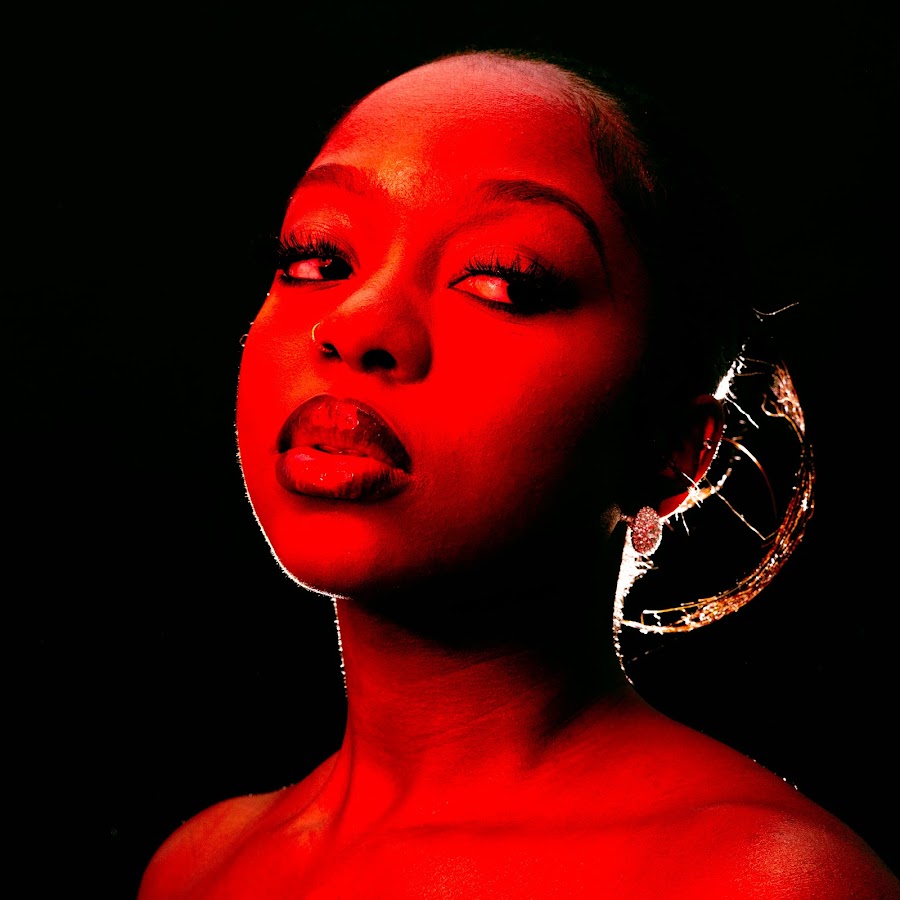
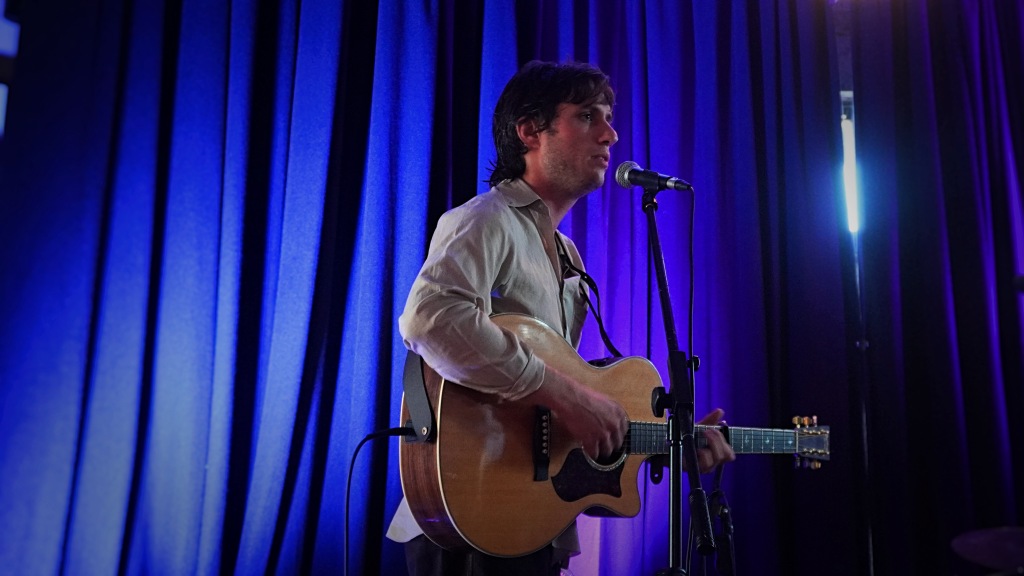

Leave a comment